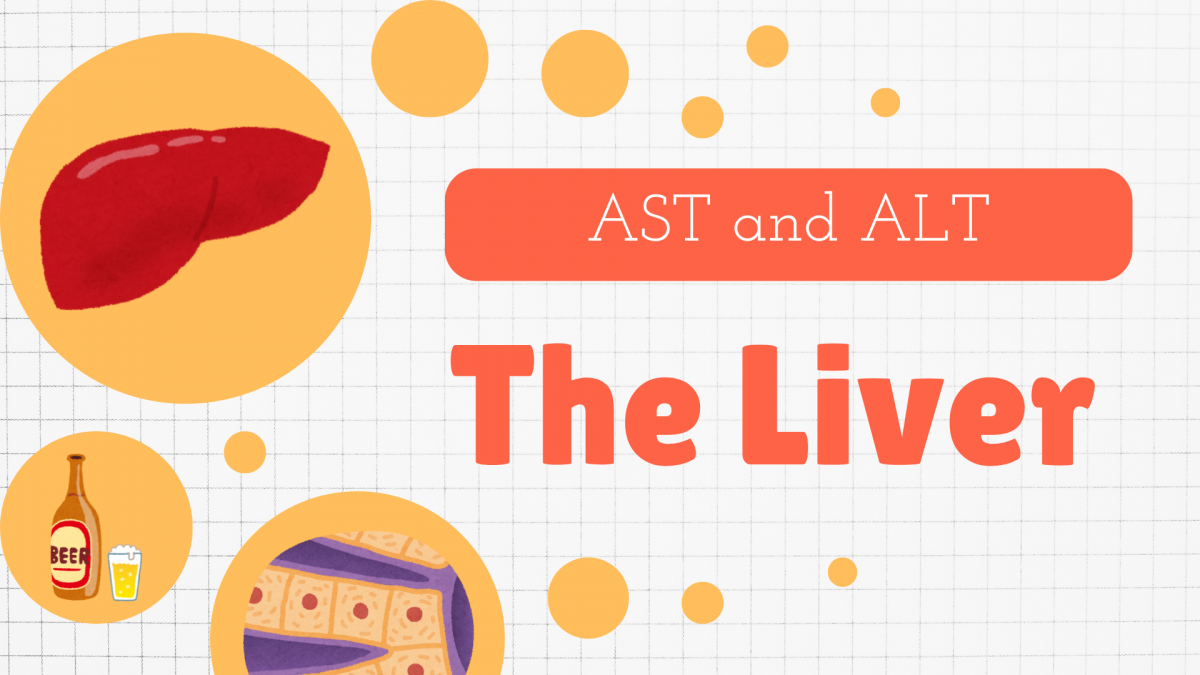The liver plays a critical role in metabolism, detoxification, and overall health. Damage to liver cells often goes unnoticed until symptoms become severe. Therefore, early screening using liver enzymes—SGOT (AST) and SGPT (ALT)—is essential.
SGOT and SGPT tests are quick, minimally invasive blood tests that help detect liver inflammation, cell injury, or broader metabolic issues. Despite their simplicity, these tests are crucial for early detection and monitoring of liver function.
Normal Ranges (may vary slightly by laboratorium):
-
AST (SGOT): 5–50 U/L
-
ALT (SGPT): 7–56 U/L
Elevated values may indicate liver cell damage, especially if ALT is higher and more liver-specific. In contrast, AST is also found in muscles, the heart, kidneys, and brain, so elevations should be interpreted contextually.
Patient awareness of these values enables:
-
Timely medical referrals (e.g., in cases of jaundice, fatigue, abdominal pain, dark urine).
-
Healthier lifestyle choices: avoiding alcohol, managing diet, maintaining ideal body weight, and safe medication use.
-
Understanding the need for follow-up tests: bilirubin, ALP, hepatitis panel, or ultrasound for accurate diagnosis.
Accurate liver testing depends not only on the tests themselves but also on the diagnostic tools used. Modern in vitro diagnostic (IVD) devices, such as the ICare-2100, enhance lab efficiency with features like fast results, compact design, and multi-panel testing capabilities.

Conclusion:
Regular SGOT and SGPT testing—backed by proper diagnostic tools and patient education—empowers early detection, prevents complications, and promotes long-term liver health.
Reference:
-
Sharma, R. (2023). High SGOT and SGPT Levels: Causes, Symptoms and Treatment.
-
Mayo Clinic. (2024). Liver Function Tests. Retrieved from https://www.mayoclinic.org
